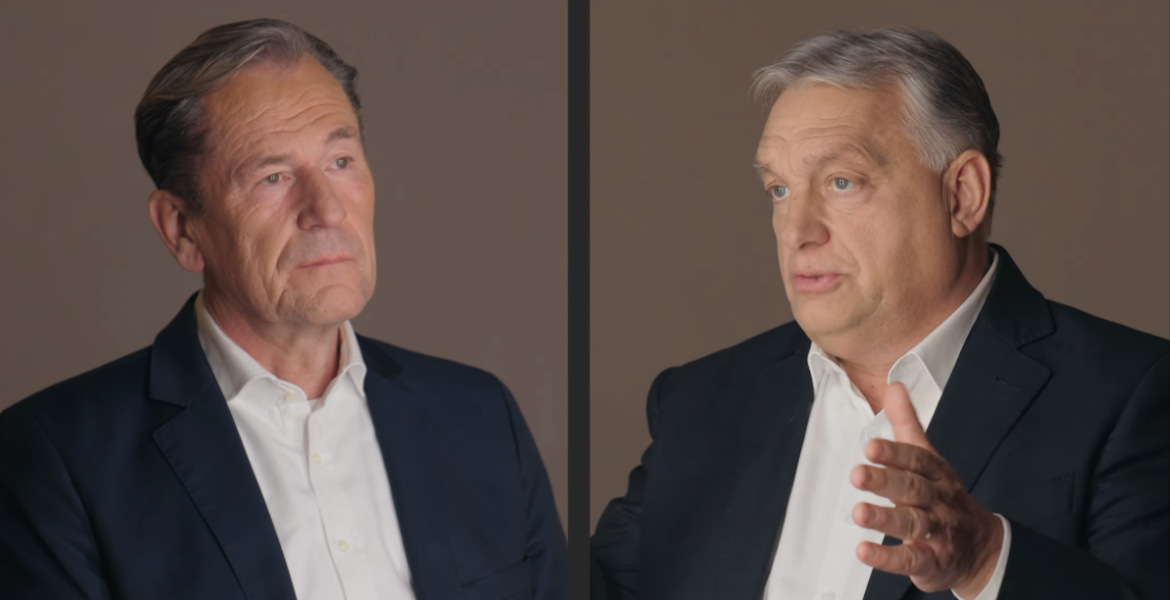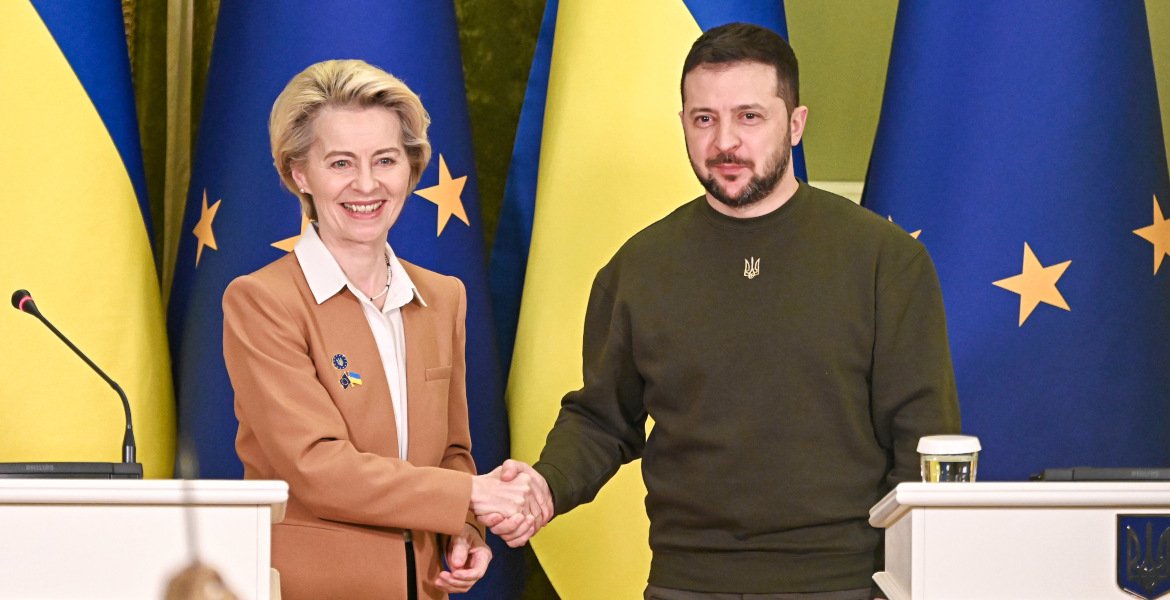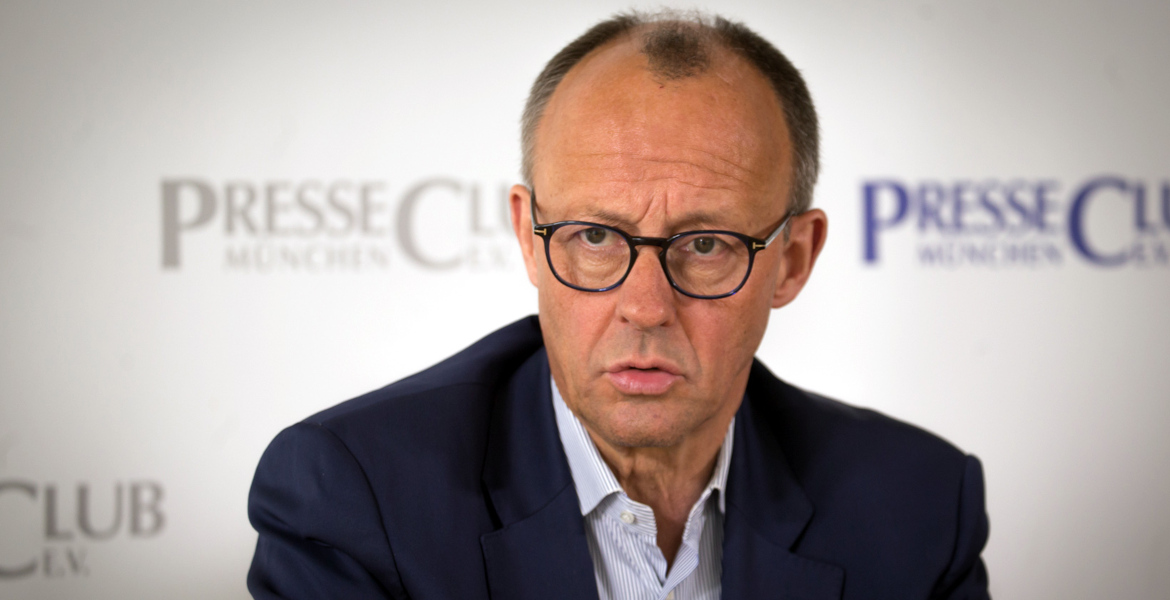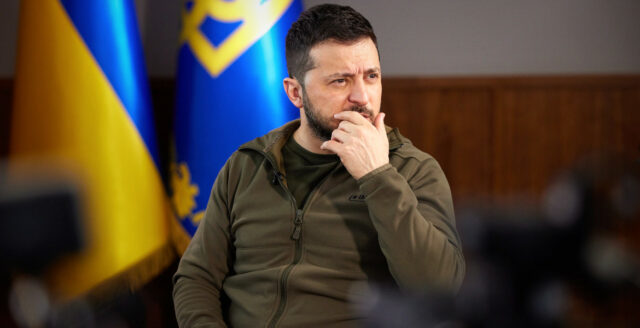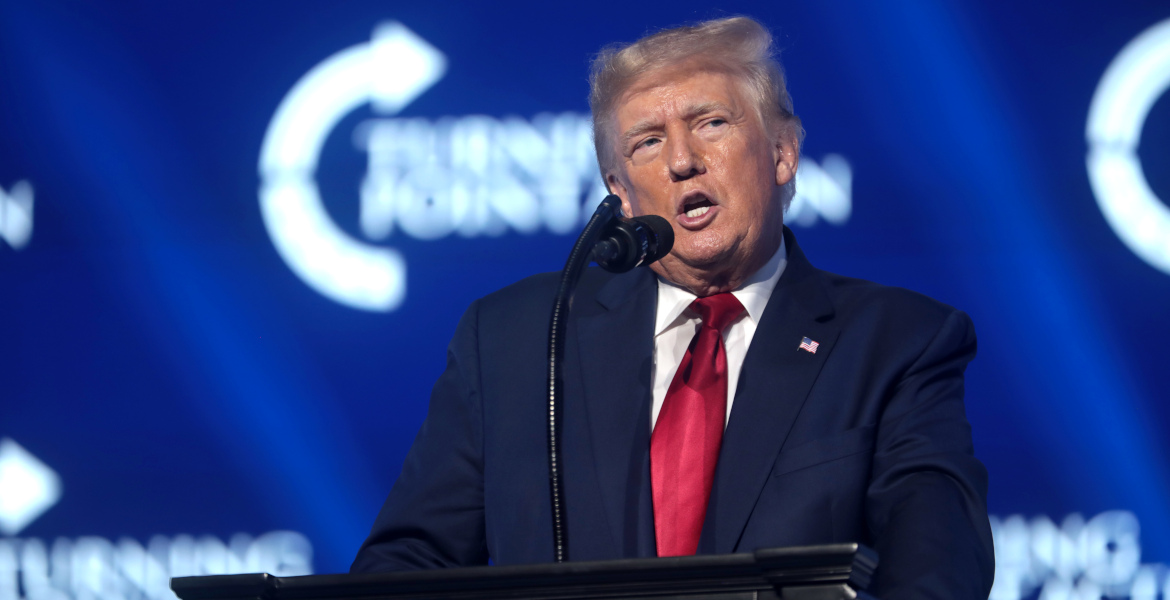The European Union is financing a war that cannot be won, destroying its own competitiveness and economically blackmailing Hungary. This is the harsh verdict on the EU from Hungarian Prime Minister Viktor Orbán in an interview with Axel Springer CEO Mathias Döpfner.
Following his meeting with Donald Trump, he now presents the United States as Hungary's new protector against Brussels.
Mathias Döpfner, CEO of media conglomerate Axel Springer, owner of publications including Bild, Die Welt and Politico, conducted the interview with Viktor Orbán as part of his podcast MD MEETS, where he meets leading political and cultural figures.
Exemption from sanctions – and protection against Brussels
Viktor Orbán describes his meeting with President Donald Trump on November 7 as successful. The most important outcome was that Hungary received an exemption from sanctions on Russian oil and gas.
— We make an agreement with the President that still we are in office, it works, says Orbán, describing Trump as "a good man, a Christian man" who understood Hungary's situation.
Without the exemption, energy prices in Hungary would immediately triple. The country is heavily dependent on Russian energy, particularly since it lacks its own energy resources and has no access to the sea.
But the energy exemption was not all. Orbán also received what he calls a "financial shield" from the United States – protection that he says is needed against the EU rather than against Russia.
— Normally, normally that protection is coming from the European Union. The European Union is a danger on us. They are blackmailing us. They try to suffocate us economically and financially. So the main reason why I need a financial shield is because of the European Union and against Brussels, he says.
"Trump can stop the war in one day"
Orbán is convinced that Trump is the key to peace between Russia and Ukraine.
— If he would have been in office when the war had erupted between Russia and Ukraine, one day and the war is over. Or even it would be impossible to have broken up. That's absolutely sure, he says.
Orbán's view of Trump as "the man of peace" is based on the president's business-oriented worldview.
— He thinks that business makes the life of the people easier and war is against the business. Therefore all the war should stop as soon as possible, Orbán explains.
The Hungarian prime minister firmly rejects the description of himself as "Putin's Trojan horse".
— The Trojan horse argument is very simple-minded and primitive. So if you don't have a serious argument to discuss the war, let's say this man has a different opinion than mine, so he is the Trojan horse of Putin. It's very primitive, says Orbán.
EU's Ukraine support – "irrational"
Orbán is sharp in his criticism of the EU's economic support for Ukraine. He argues that the union is destroying its own economy by financing a war that cannot be won.
— We have already burned €185 billion and our intention is to burn even more. We are financing a country that has no chance of winning the war, says Orbán, continuing:
— At the same time, we don't have money for the European Union to give a new boost to our economy, which is suffering greatly due to lack of competitiveness. What we are doing is irrational.
He dismisses the European strategy of continuing to support Ukraine militarily in hopes of improving the situation on the front lines. "The situation and time are better for the Russians than for us. Don't continue. Stop it as soon as we can", he says.
Orbán believes that peace is near, but that it requires a united transatlantic position. "The American president is in favour for peace. The Europeans are not", he notes, warning that the EU risks being excluded from negotiations.
When Döpfner asks why Europe doesn't use its superior military strength, Orbán responds that nuclear weapons change everything.
— The real intellectual challenge is how anyone can beat a nuclear power. It has never happened. If a nuclear power loses a conventional war, I am absolutely certain that the nuclear risk is immediately on the table. Therefore my point is: don't escalate, don't show your strength on the front lines. We must show our strength at the negotiating table, not on the front lines, he says.
Harsh EU criticism and national sovereignty
Orbán's criticism of the European Union permeates the entire interview. He accuses Brussels of having abandoned its fundamental values.
— The European Union was a peace project, turned to a war project. The outcome is the stagnation now. We are destroying our own competitiveness, he says.
Orbán emphasizes that national sovereignty is Europe's most important value and proposes a system with concentric circles where countries themselves can choose what level of integration they want to participate in.
Migration – "the end of democracy"
Orbán explains why he believes migration threatens democracy at its core.
— If they stay, sooner or later, you will give a citizenship to them. If they get citizenship, they will get the right to vote. And those persons who you have never allowed to come into became your voting citizens, he reasons.
He argues that this changes the balance of power between traditional Christian and secular political camps. However, Orbán distinguishes between migration and labor immigration. Hungary allows 35,000 guest workers per year with time-limited permits.
— We don't call them migrants. We call them guest workers, he explains.
"My main opponent is in Brussels"
Despite the harsh criticism of the EU, Orbán is optimistic about the future. "If you know the history of Hungary, you should know that we Hungarians cannot survive without optimism", he says.
Looking ahead to the upcoming election, he explains that the main issue will be national sovereignty.
— My main opponent and challenger is not among the Hungarian guys. The challenge is in Brussels. Brussels wants to change the government in Hungary. They want a government here like they got in Poland, which follows instructions from Brussels on migration, economy and war. But I'm not that guy, Orbán concludes.

